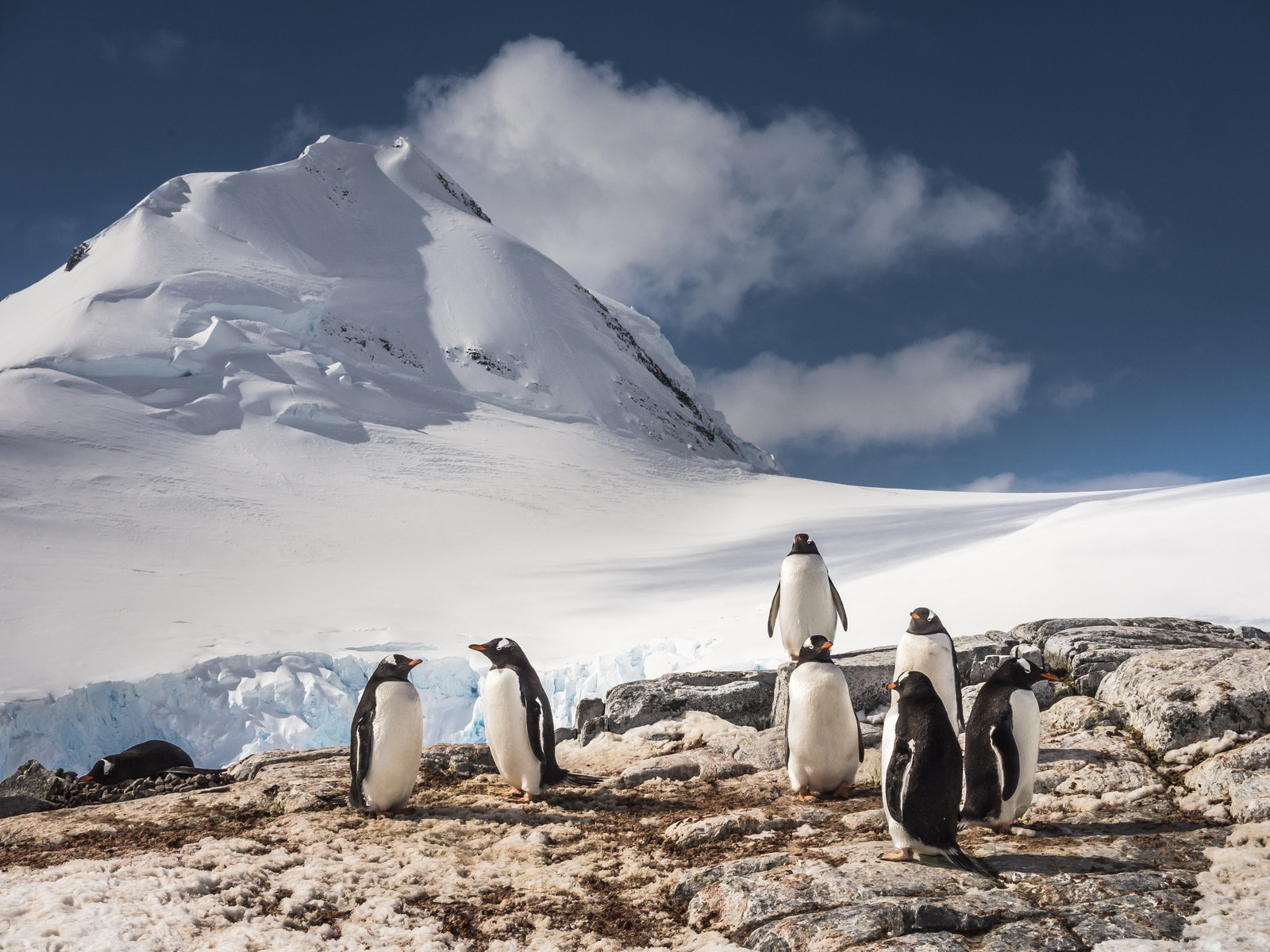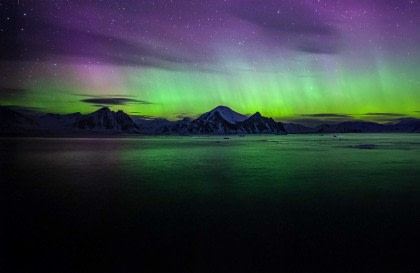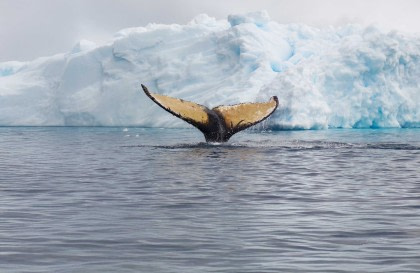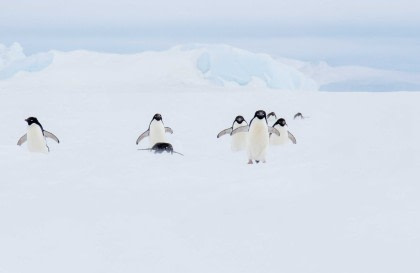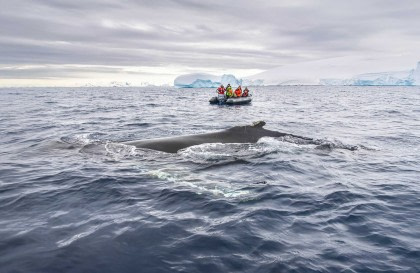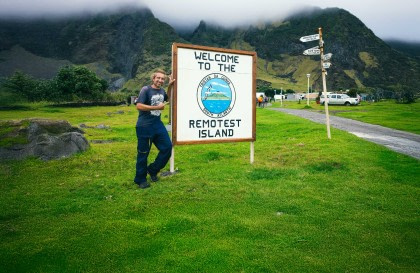Antarctica: your chance to leave the world behind
You might wonder why we’d bother writing about all the things you won’t see in Antarctica. After all, most blogs meant to talk up the virtues of a location tend to focus on things that actually exist. But in our experience, many polar tourists venture to Antarctica as much to see a new world as get away from their old one.
If that describes you at all, you’re in luck: In this article you will find a thorough account of the many modern conventions you’ll escape should you ever make your own getaway trip to Antarctica. And we very much hope you do.
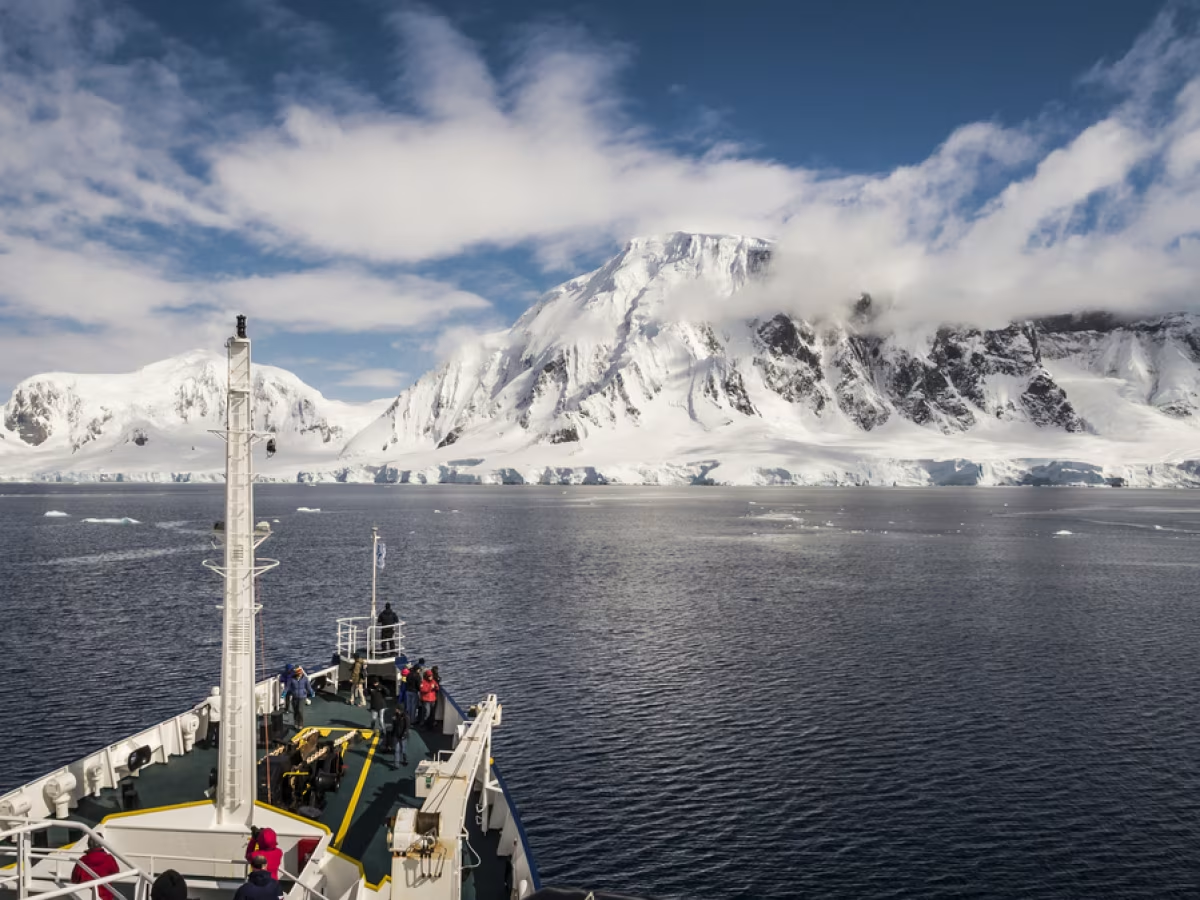
1. Antarctica cities
Escaping the city is one of the chief reasons outdoor adventurers take flight to the world’s remote locations. Fortunately for polar enthusiasts, there are no cities on the Antarctic continent – only stations.
Dozens of research stations, some year-round and others seasonal, operate in Antarctica under the guidance of around 30 individual countries. These stations include Esperanza, McMurdo, Cámara, Neumayer II and III, and Orcadas, to name only a few. Altogether they staff anywhere from 1,000 to 4,000 people during winter and summer, respectively.
The countries that run the stations are all signatories of the Antarctic Treaty, which provides a regulatory framework for their activities on the continent. This high-science, low-urban environment means city lovers will probably have an easier time finding a petri dish in Antarctica than a pizza delivery service.
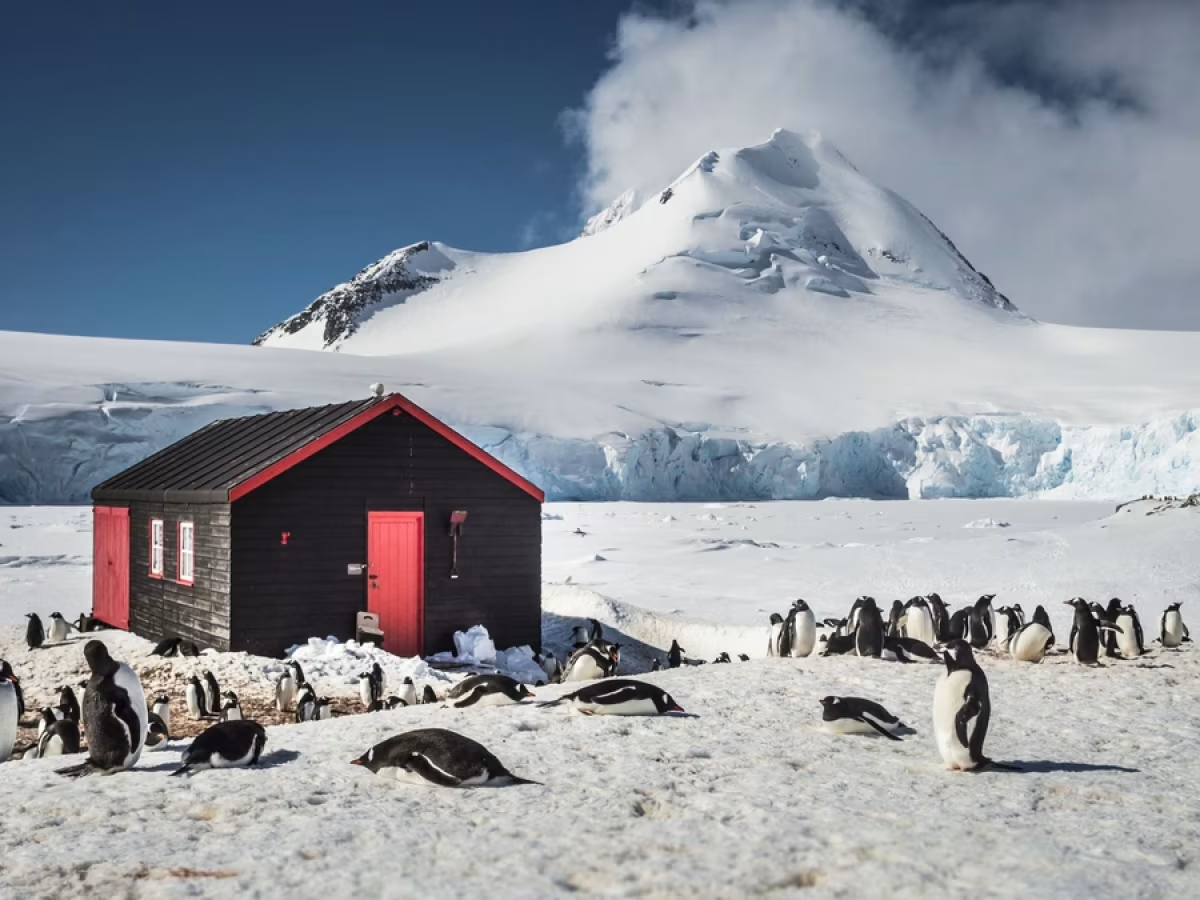
2. The countries of Antarctica
Where there are no cities, what need of countries? As mentioned, Antarctica is home to numerous stations managed by dozens of nations around the globe. These entities claim the specific territories in which they operate, but no one country claims all of Antarctica. This, however, was not always the case.
Several Antarctic regions and islands have been gathered under the banners of Spanish, British, Norwegian, American, German, Soviet, French, Chilean, Argentine governments over the years. Attempts were made to reach an accord between these governments, but it was not until 1959 that the Antarctic Treaty was drafted in an attempt to avoid international conflict.
When it went into effect in 1961, it established Antarctica as a scientific preserve closed to all military activity. Not an altogether terrible example for the rest of the world to follow.
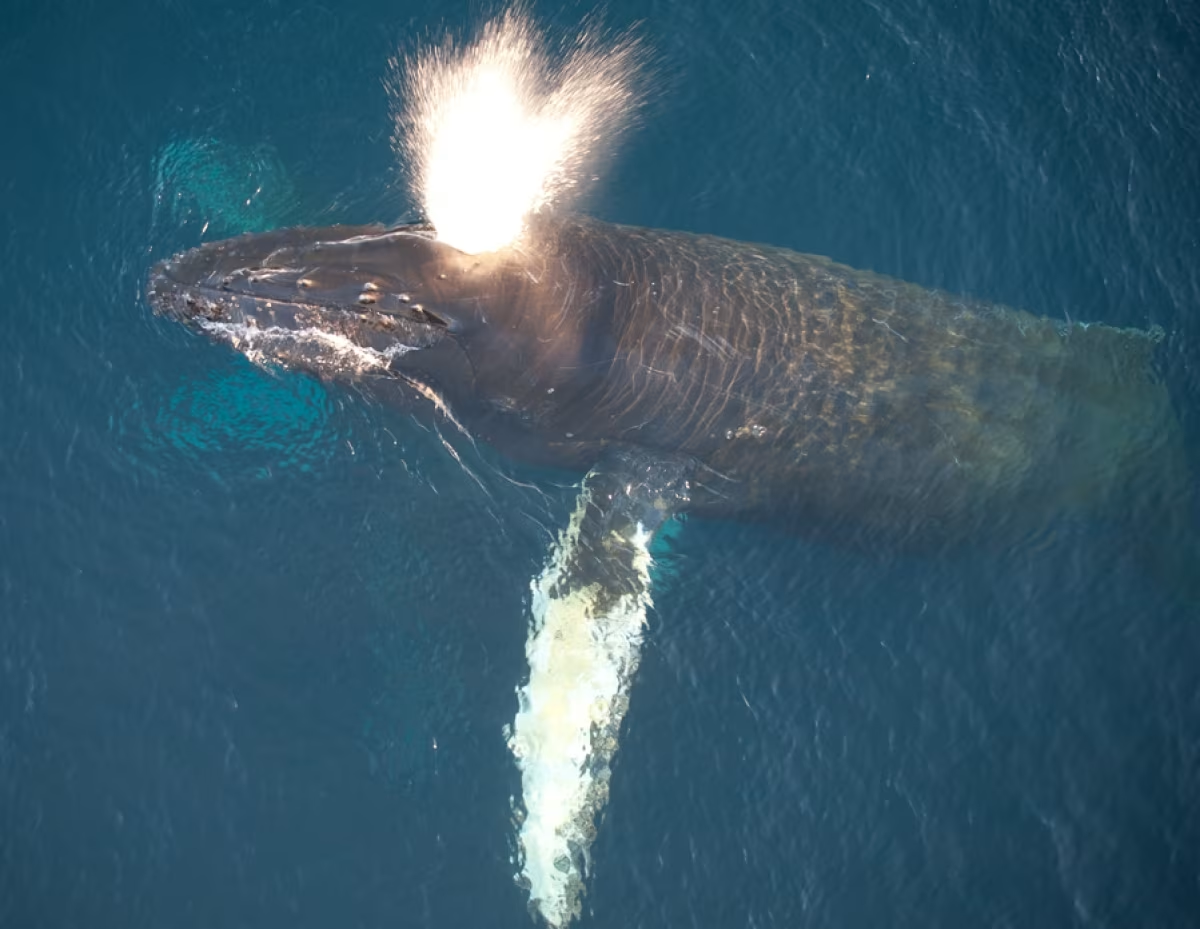
3. Antarctica capital
We don’t mean “capital” in the sense of money, which works just as well in Antarctica as it does everywhere else (unless you run into a polar bear, in which case we hope you have exact change). We mean the urban variety of capital, which as a geographic and not a political entity, Antarctica has no need of.
How does this affect you, Antarctic traveler? It means your time in the world’s largest polar desert will be spent one step closer to the most primal elements of the planet. In Antarctica, only the natural demarcations of water and earth – and a whole lot of ice – determine the real boundaries.
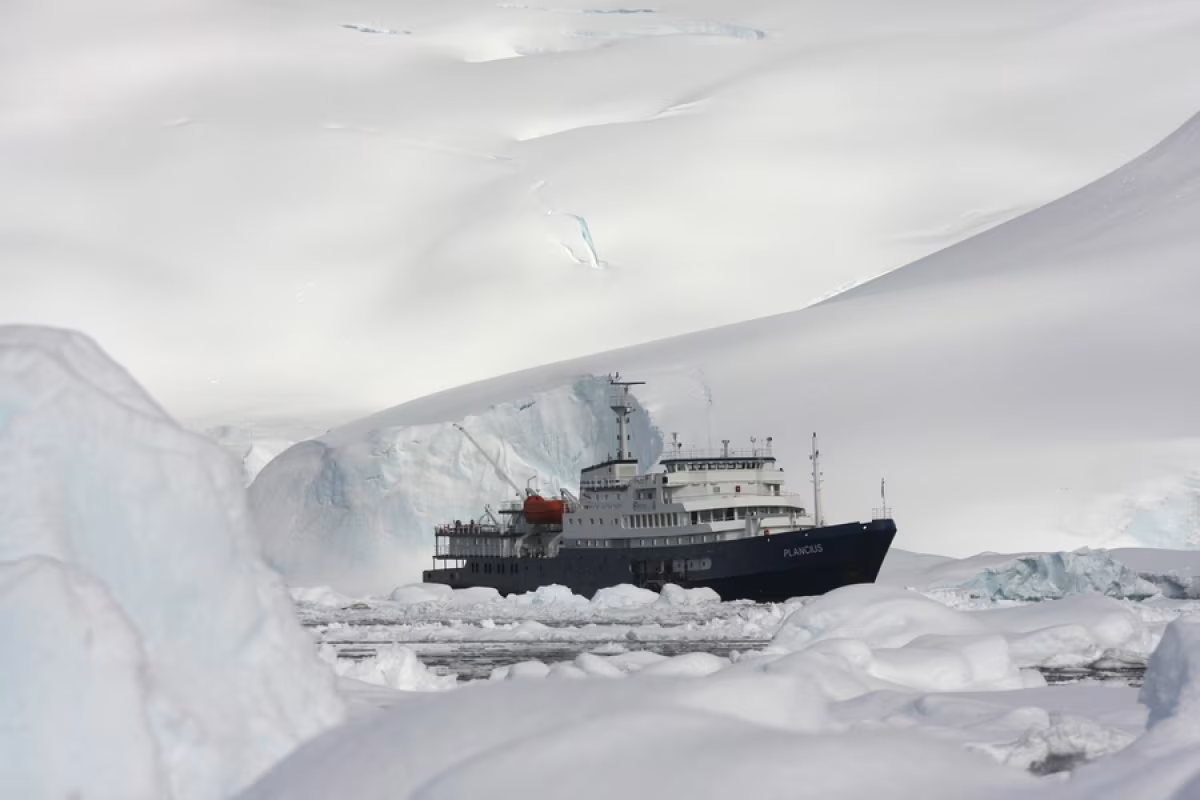
4. An indigenous (human) population
There’s much to be said for the restorative benefits of wild places, but even Earth’s wildest places nurtured an indigenous human population at some point. Not so with Antarctica. It was not until ages after the Antarctic continent separated from the larger landmass of Gondwanaland, breaking off from South America and Australasia, that anything resembling Homo sapiens walked the Earth.
While you will not experience this facet of Antarctica in any tangible sense, you can certainly sense it: Camp out under the Antarctic stars or spend a few moments listening to the wind scrape over the miles of unbroken snow, and you’ll know the difference between Antarctica and every other place you’ve visited.
The only indigenous populations of Antarctica have flippers, fins, or wings, and they could not care less about data roaming.
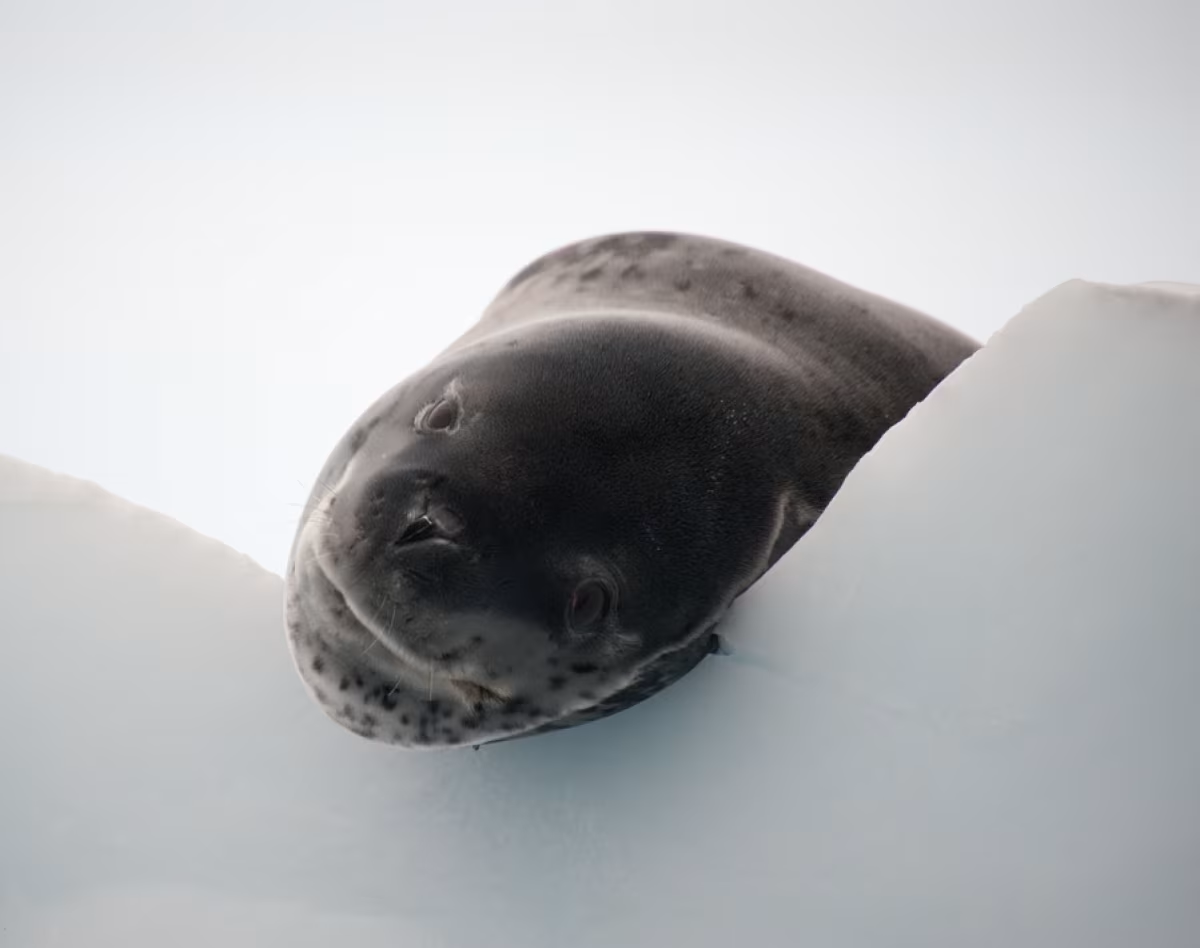
5. Flights to Antarctica
Technically there are commercial flights to Antarctica, but their rarity still justifies them a place on this list. Most of the air traffic to and around the continent is undertaken by non-civilian planes and helicopters that use the airstrips and helipads located at many of Antarctica’s multiple research stations.
These landing facilities are admittedly basic: The runways are made of gravel, and the planes that land on them have to be equipped for snow and ice. This is why most Antarctica landings are confined to summer, when conditions are more favorable.
Your best bet when traveling to Antarctica is to fly to Ushuaia, a small tourist town on the southern tip of Argentina, then do the rest of your holiday by ship. Most tour operators offering expeditions to South Georgia, the Falklands, or Antarctica (anything from Ross Sea voyages to iceberg-laden Weddell Sea cruises) embark from Ushuaia.
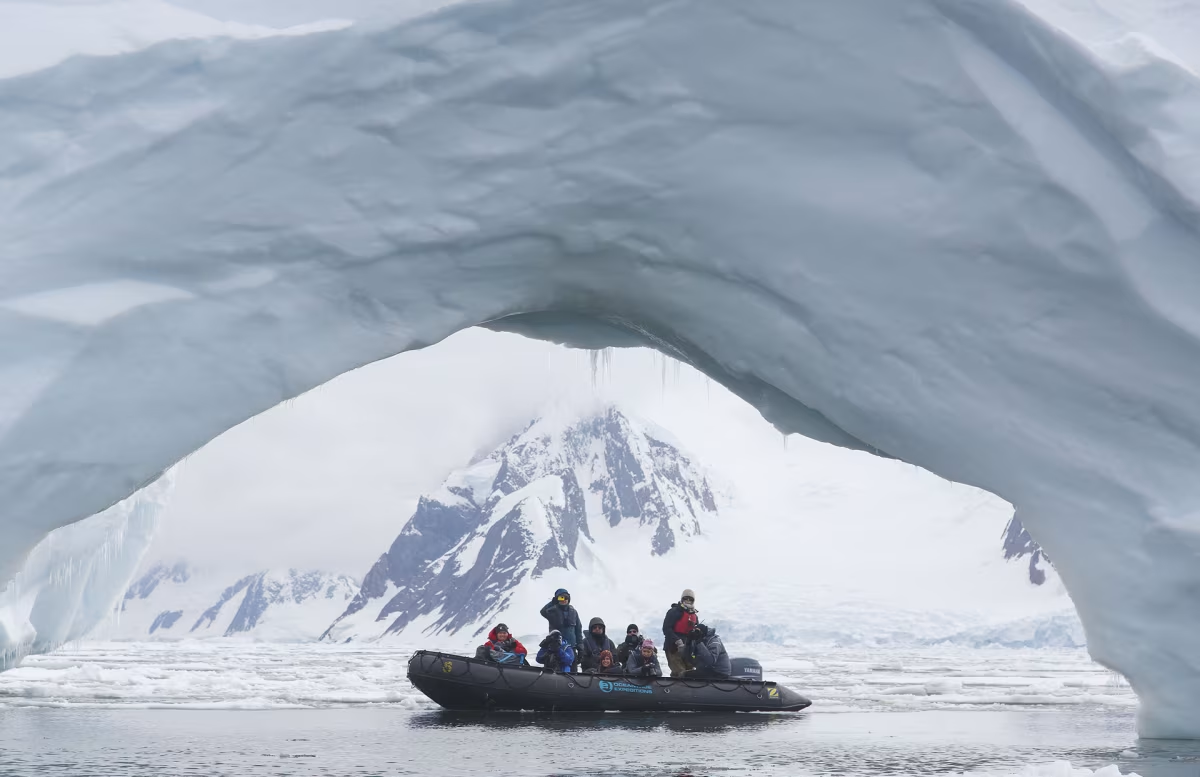
6. Antarctica news reporting stations
Even though there are no reporting stations in Antarctica, the continent does produce an abundance of internationally relevant news. Its research stations make important scientific discoveries on a regular basis, especially concerning both historical and recent climate changes.
Some of these findings, such as the rate of ice recession and glacial calving, offer insights about the degree to which rising temperatures are human caused versus cyclical. Research into Antarctica’s ice cores and atmosphere also continue to operate on the cutting edge of climate science.
There is every reason to suspect that the scientific work taking place in Antarctica will continue to prove immeasurably valuable to our rapidly warming planet.
